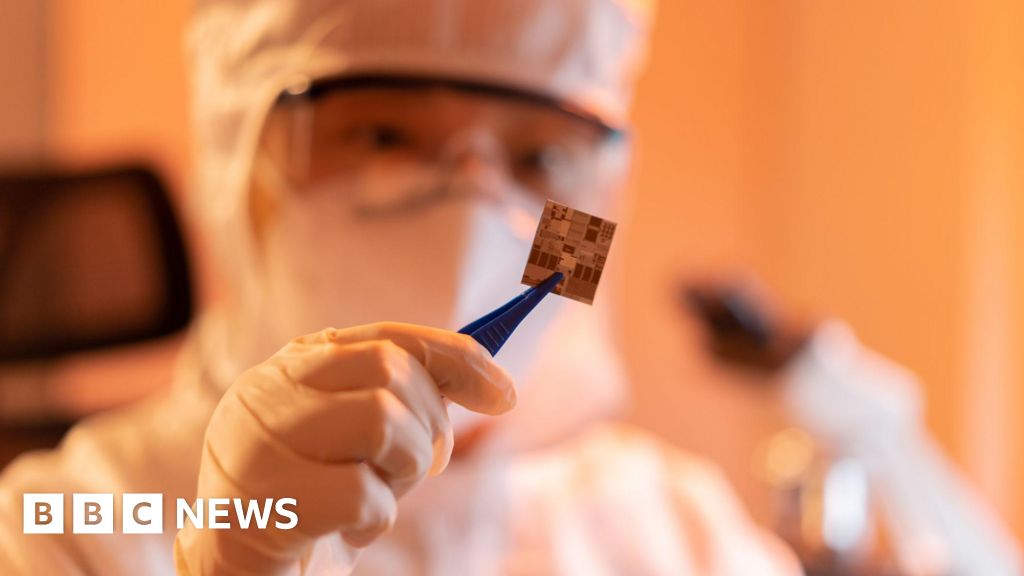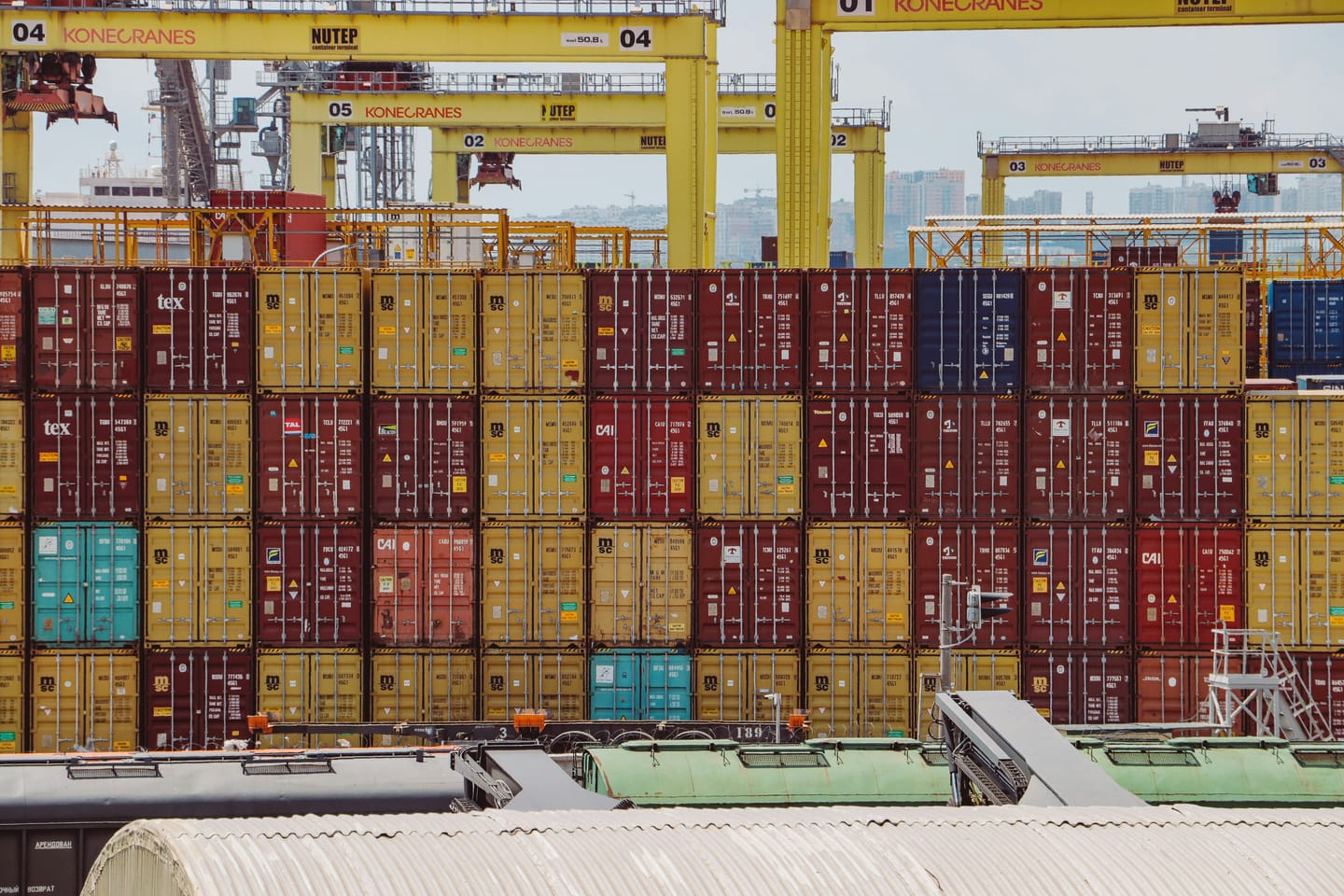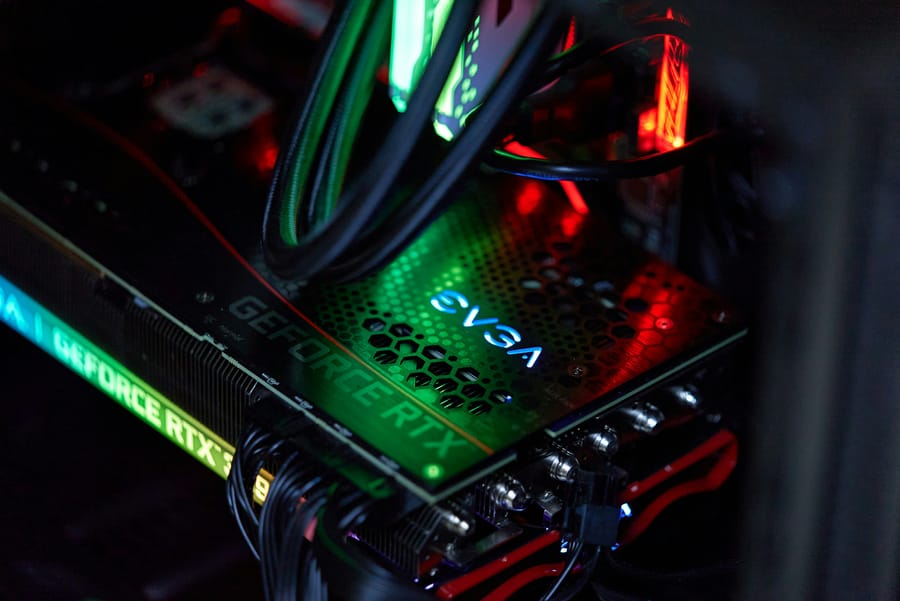President Donald Trump announced on CNBC's Squawk Box on August 5, 2025, that his administration planned to impose tariffs on semiconductors and chips, as his administration also deliberated its approach to AI chip export restrictions. Subsequently, on August 15th, speaking to reporters aboard Air Force One, Trump clarified that he would implement tariffs on steel and semiconductor chip imports in the coming weeks. Trump stated that tariff rates would be lower initially to allow companies to establish domestic manufacturing in the United States, then rise sharply after a certain period. While he did not specify exact rates during the flight, in his earlier August 5th statement, he mentioned a 100% tariff on foreign semiconductors, with exemptions for companies that commit to manufacturing in the US.
Semiconductors are crucial components in countless modern devices, from smartphones and laptops to video game consoles, pacemakers, and solar panels, with the US, UK, Europe, and China currently relying heavily on Taiwan for chip supply. Taiwan Semiconductor Manufacturing Company (TSMC) provides over half of the world's semiconductor supply, while Samsung Electronics and SK Hynix have established South Korea as one of the world's biggest semiconductor hubs, particularly for memory chips. The US has recently spent colossal sums to boost domestic technology manufacturing, providing $52 billion in subsidies through the 2022 CHIPs Act to boost domestic chip production, including $6.6 billion in awards to TSMC after it built a factory in Arizona.
The proposed tariffs could significantly impact the tech industry, particularly chipmakers and the companies that depend on them for semiconductors, but Trump's caveat that companies committing to manufacturing in the US would avoid the levy means the largest semiconductor firms may evade the 100% tariffs. Apple, which sources its semiconductors from TSMC, announced a further $100 billion investment in US manufacturing, prompting a 5% rise in TSMC's share price on August 8th. South Korean officials have indicated that Samsung and SK Hynix will not face 100% tariffs due to their investments in new US chip fabrication plants, though increasing domestic semiconductor manufacturing remains challenging due to skilled worker shortages—TSMC previously resolved its staff shortage only by bringing thousands of workers over from Taiwan.
Sources:

Former President Donald Trump teases upcoming announcement regarding semiconductor policies impacting the tech industry and U.S. competitiveness.

President Donald Trump announces plans to impose tariffs on steel and semiconductor chips, aiming to bolster U.S. manufacturing and address trade imbalances.











